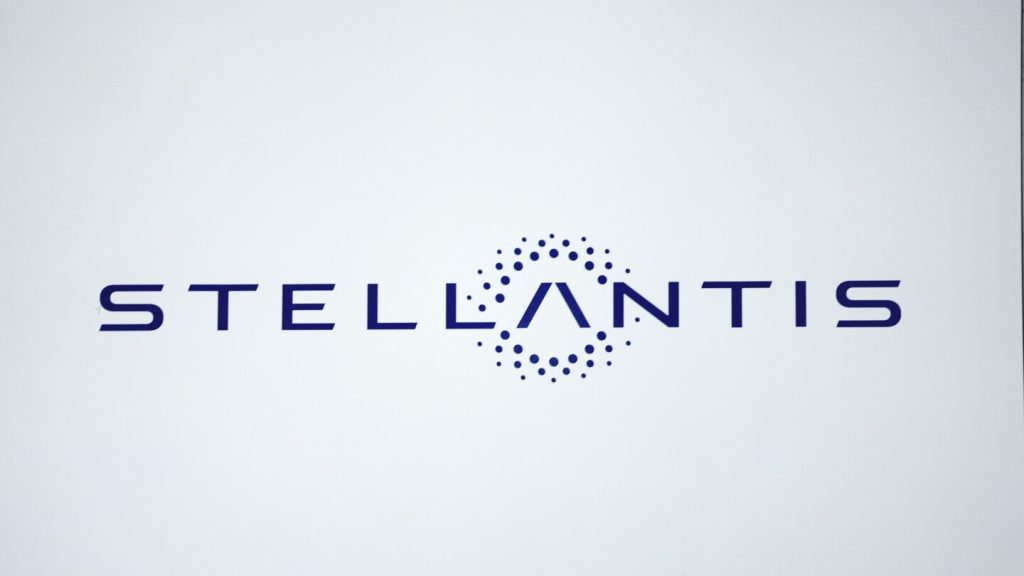In a crucial move towards meeting its commitments under a new contract with the United Auto Workers union, Stellantis, the maker of Jeep and Ram vehicles, has announced a $406 million investment to retool three Michigan factories for electric vehicle production. This decision comes after a bitter six-week strike last fall, during which the union raised concerns about the company’s lack of investment in U.S. factories. The Sterling Heights assembly plant will receive the majority of the funding, allowing it to produce the battery-powered Ram 1500 pickup truck and a full-size electric pickup. The investment in the plant is part of a $1.4 billion commitment made by Stellantis in the union contract, which runs through April 2028.
Additionally, Stellantis will invest $97.6 million in the Warren Truck Plant to build electric versions of the Jeep Wagoneer SUV, as part of its plan to introduce four Jeep EVs globally by the end of next year. The company has also allocated over $73 million to the Dundee engine factory to assemble, weld, and test battery trays for future EVs, as well as manufacture front and rear beams for large vehicles. These investments mark a significant step towards Stellantis’ strategy of developing vehicles powered by both gasoline and batteries, aligning with the shift towards electrification in the automotive industry.
However, there have been concerns raised by the union regarding delays in fulfilling commitments outlined in the contract, particularly regarding the reopening of the assembly plant in Belvidere, Illinois, and the construction of a new battery plant. Stellantis has cited unfavorable market conditions as the reason for the delay, but has assured that it will eventually meet its commitments. Union President Shawn Fain has expressed dissatisfaction with the delays and has threatened to strike the company if the commitments are not fulfilled. The reopening of the Belvidere plant and the creation of new jobs are crucial factors in the overall agreement between Stellantis and the UAW.
Despite the challenges faced by Stellantis, including poor sales and earnings, the company remains committed to its investment in Michigan manufacturing facilities. CEO Carlos Tavares expressed gratitude to the workers at the Sterling Heights plant for their efforts in gearing up for the production of electric vehicles in a timely manner. Tavares highlighted the company’s commitment to innovation and meeting customer demand by adopting a multi-energy approach that incorporates both gasoline and electric vehicles. The investments in Michigan reflect Stellantis’ dedication to staying at the forefront of the industry’s transition towards electrification and sustainable mobility solutions.
In conclusion, Stellantis’ decision to invest in retooling Michigan factories for electric vehicle production demonstrates the company’s commitment to meeting its obligations under the new contract with the United Auto Workers union. By allocating significant funds to upgrade the Sterling Heights, Warren Truck, and Dundee plants, Stellantis aims to position itself as a leader in producing vehicles powered by both gasoline and batteries. Despite challenges and delays, the company remains focused on delivering on its promises and supporting job creation in the U.S. automotive industry. The investments in Michigan manufacturing facilities signal a strategic shift towards electrification and innovation, aligning with industry trends and customer demand for sustainable transportation options.


